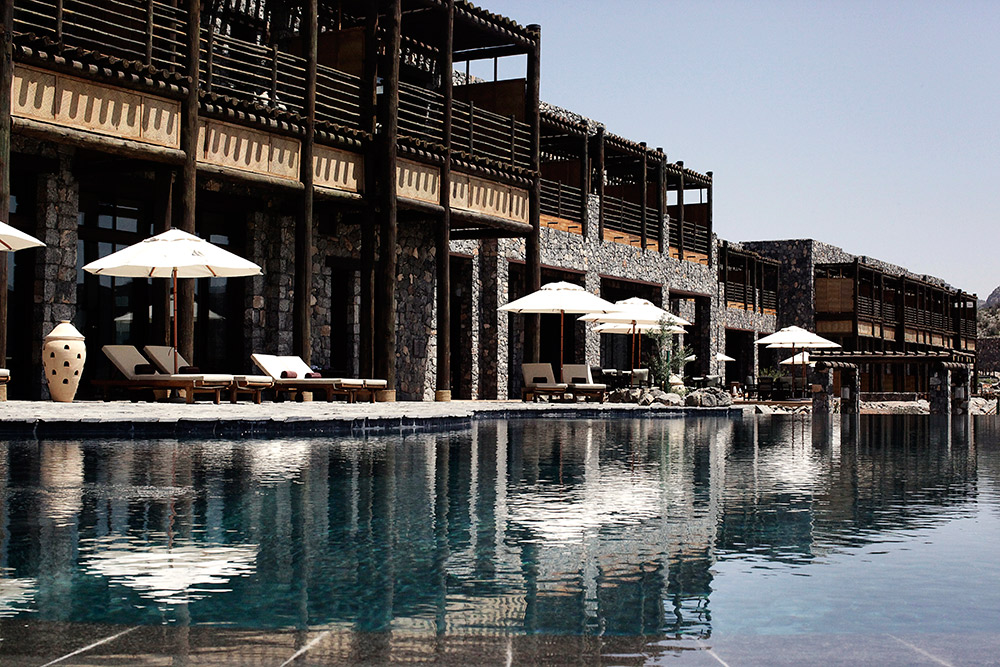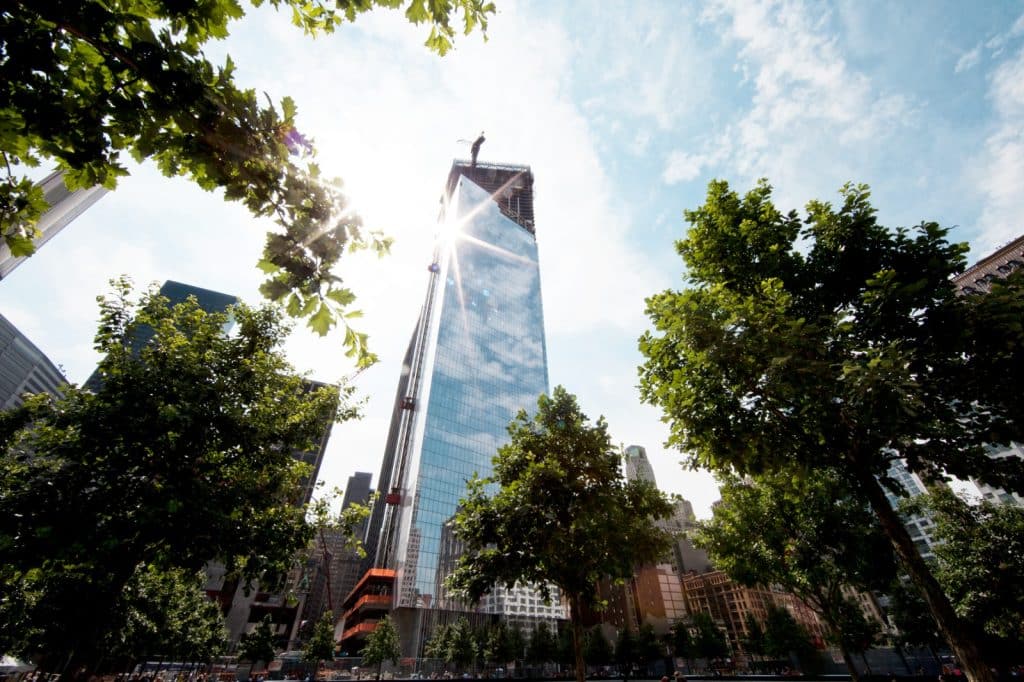Alila Jabal Akhdar has been awarded LEED Silver Certification in the Building Design and Construction rating system for New Construction by the U.S. Green Building Council (USGBC), making it the first LEED certified project in the Sultanate of Oman. Lorraine Bangera speaks with construction manager on the project, Ammar Al Kharusi, about its development and achievement
Settled 2,000 metres above sea level in the western part of Al Hajar Mountains, Alila Jabal Akhda resort aims to be a hotspot for high-end tourists in the Gulf region. The resort has won many accolades since it first opened in May last year. Jabal Akhdar which translates to ‘The Green Mountain,’ is said to be one of the most scenic regions in Oman. The resort, developed by Oman Tourism Development Company SAOC (Omran), is the first to acquire the international LEED certification and represents a milestone achievement for the development of infrastructure in the Sultanate. Omran is responsible for Oman’s rapidly growing tourism sector and focuses on major tourism, heritage, urban and mixed-use projects.
Eng. Wael Al Lawati, CEO of Omran says: “The vision of sustainability for Alila Jabal Akhdar goes beyond the architectural design and construction phase, it also reflects the guiding principles of Omran, as well as the day to day operation and management of the resort which is centered on the principles of sustainability and environmental safety.”
Mark Edleson, President of Alila Hotels & Resorts admits he is proud to be partnering with Omran in this “meaningful quest.” He highlights the company’s vision to integrate natural conservation, community and commerce. He says: “Our green efforts extend to and beyond the operational aspects so that we can make a positive impact on the community—economically, socially and culturally.”
Ammar Al Kharusi. Construction Manager for Alila Jabal Akhdar, emphasises the importance of being LEED certified. He says that apart from being recognised as a worldwide achievement for green building standard, the nature of the award ensures that projects awarded contribute to conserving scarce resources, promoting the health of occupants and workers and protecting the surrounding environment. Al Kharusi is also a LEED Accredited Professional certified by the USGBC.
Richard Fedrizzi, CEO and Founding Chairman of U.S. Green Building Council, sincerely hopes that Alila Jabal Akhdar’s new green credentials will raise awareness of the importance of sustainable development. He says: “We hope it will serve as a model for environmental standards for construction in the Middle East.”
Al Kharusi says that it is essential to concentrate on the environmental impact of all new projects as the tourism and hospitality sectors in Oman grows rapidly. He says: “Development must take into account the environment, flora and fauna, and the benefits for the local community.”
Focussed on maximising the use of local materials during construction and minimising energy usage in the long run, the project incorporates many elements to promote sustainability.
During construction particularly, the project had a strict policy of pollution and waste reduction. There was an emphasis on segregating and recycling construction waste in order to minimise the amount of material sent to landfill. The choice of materials in the building was carefully considered to maximise recycled content, ensuring that the VOC content is kept at minimum.
According to the Al Kharusi, all materials used in the construction of the resort were sourced from within an 800 kilometre radius of the site. The building façade which is 12,800 square metres, was constructed using natural Jabal Akhdar stone extracted from the site itself. The cement, steel, and aggregate were extracted locally or sourced through local distributors. Moreover the use of alternative transportation was encouraged by providing bicycle storage, and low-emission vehicles were provided for movement within the resort.
Other measures included the storm water runoff was controlled to avoid erosion and sedimentation. He says: “These water saving measures were introduced by using an onsite STP to cater for most of the irrigation requirements and low flow fixtures were installed to reduce up to 30% of water consumption.”
Currently, the resort contains an efficient heating and cooling through the utilisation of VRF (Variable Refrigerant Flow) technology that ensures the cycle occurs only when it is needed. Al Kharusi says: “This approach, combined with the controllability of the thermal and lighting system, renewable energy (photovoltaic cells) for the hot water supply and high performance insulation result in a significant reduction in the energy performance baseline.”
In terms of maintenance, he says there is no difference in maintaining buildings with and without sustainable credentials. As with any building, a well-trained facilities management team is essential to reduce maintenance issues and complications.
The immediate development costs are marginally higher with sustainable developments such as Alila Jabal Akhdar, admits Al Kharusi. However, he says: “We strongly believe that projects such as this are not only a long term investment in the tourism sector and national economy, but also an investment towards a sustainable future of the country.”
Talking about the challenges faced, Al Kharusi says it was hard to obtain relevant approvals, records and certification of recycled waste, and reports from local authorities. He says that the lack of knowledge in the local supply chain about the green solutions was also prevalent. He adds: “We also encountered a general lack of environmentally friendly products available in the local market.”
The construction manager says: “It is our hope that this milestone will increase awareness of the importance of sustainable development among policy makers in the Sultanate. The recognition of Alila Jabal Akhdar by LEED proves that sustainable design doesn’t necessarily equate to increased production costs given the proper planning and development.”
He says: “The most critical aspect to ensure that sustainability is achieved in any development is proper planning and involvement of all stakeholders, from the design process through to the execution, as such there must always be a framework in place that governs all directions and processes in the development.”
He acknowledges that there is a global shift towards eco-friendly and sustainable construction. He says: “Oman should use the momentum from this recent achievement to ensure that sustainability is a key consideration in future developments by applying regulations and incentives to developers.”
Nonetheless he admits that there are a number of projects currently in Oman that are registered or being constructed in-line with LEED standards, which is a positive indication of the growing awareness of environmentally sustainable development in the country. He says: “It is our hope that Alila Jabal Akhdar will set new standards and expectations for future developments in Oman and the wider region.”




